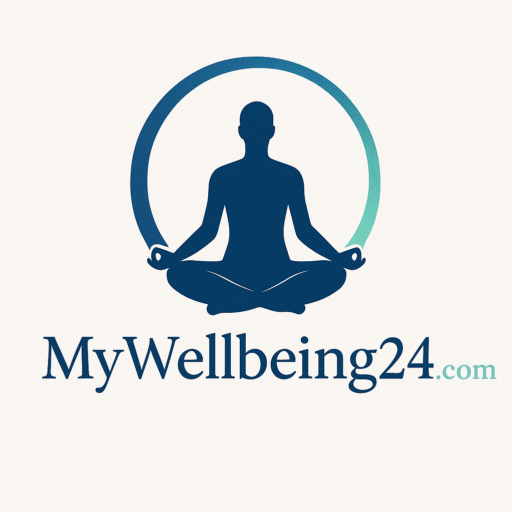Personal Growth Benefits of Saying No and Setting Boundaries
Saying “no” may feel uncomfortable, especially if you’re used to pleasing others. But learning to say no is not about being selfish: it’s about creating healthy boundaries that support your well-being and long-term growth. In fact, one of the most underrated personal growth benefits of saying no is the ability to reclaim your time, energy and identity.
In this article, you’ll discover how setting boundaries can boost your self-confidence, improve your relationships and help you become the best version of yourself.

Why We Struggle to Say No
First of all, many of us grow up believing that saying no is rude or inconsiderate. We fear rejection, conflict, or being judged. As a result, we say yes even when we’re overwhelmed, uncomfortable, or simply uninterested.
Over time, this habit drains our energy, damages our self-esteem and leaves us feeling resentful.
Key Personal Growth Benefits of Saying No
Here’s the truth: saying no is a form of self-respect. It allows you to take control of your time, protect your energy and focus on what truly matters to you. Let’s explore the main personal growth benefits of saying no.
1. More Time for What Matters
When you stop saying yes to everything, you free up time for activities that align with your goals and values. Whether it’s pursuing a passion, spending time with loved ones, or simply resting, your time becomes more meaningful.
2. Improved Mental Health
Constantly overcommitting leads to stress and burnout. On the other hand, setting clear boundaries helps reduce anxiety and improves emotional resilience.
3. Stronger Self-Confidence
Each time you say no with intention, you reinforce your self-worth. You’re telling yourself and others, that your needs and priorities matter.
4. Healthier Relationships
Interestingly, people often respect you more when you set boundaries. Saying no can lead to more honest and balanced relationships built on mutual respect.
How to Say No Without Guilt
If you’re not used to saying no, start small. You don’t have to justify every decision. A simple and polite refusal is enough.
Here are a few examples:
- “Thanks for thinking of me, but I can’t commit to that right now.”
- “I appreciate the offer, but I need to focus on other priorities.”
- “That doesn’t align with my current goals, so I’ll have to pass.”
Remember, being firm doesn’t mean being rude. A kind but clear no is powerful.
Action Plan: Practice the Personal Growth Benefits of Saying No
Ready to grow through better boundaries? Here’s how to begin:
- Identify your priorities: What truly matters to you right now?
- Recognize your limits: When do you feel overwhelmed or resentful?
- Practice assertiveness: Use simple phrases to say no without guilt.
- Reflect regularly: Celebrate moments when you honored your boundaries.
With practice, saying no will feel more natural and empowering.
Final Thoughts
Saying no isn’t about rejection. It’s about choosing yourself and living with intention. When you learn to set healthy boundaries, you open the door to deeper personal growth benefits of saying no, improved relationships and a more fulfilling life.
“You have the right to say no without feeling guilty.” — Manuel J. Smith
